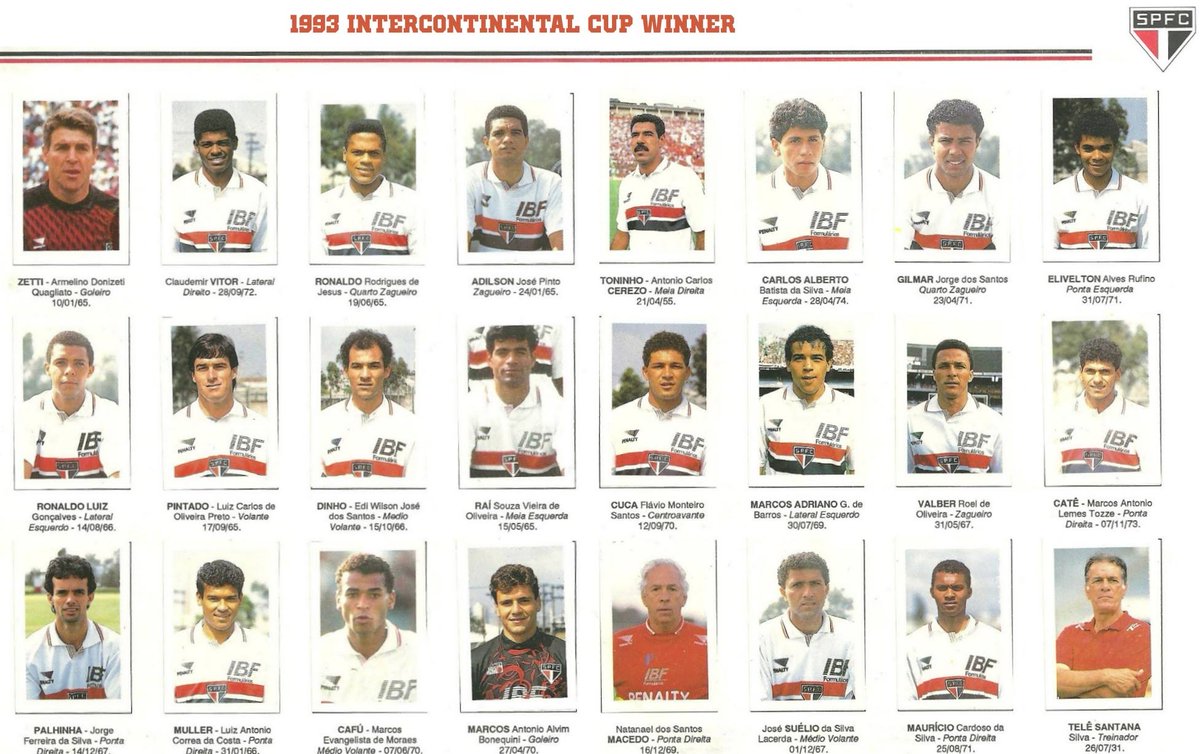Great work all of you.
Slightly peeved that Scholesy didn't make the best XI from either the 1990 or 2000 eras but that's fine.
Overall, I think the '90s team would come out on top (with Scholesy pulling the strings from CM), followed closely by the 2010 team.
To put Scholes in, you have to take somebody else out. The issue for Scholes is that the players in those teams were absolute beasts on every stage available to them whilst Scholes, for whatever reason, was nothing like his club self in the international arena. The issue there is, you're talking about midfielders who were dominant forces in majors, and, except Keane, major-winners outright. If you go through the sides for each decade, it's a rarity to see a player in there who isn't a: World, Euro, Copa America winner, and those that aren't were absolutely stellar for ages at club level.
Scholes came to real prominence in Fergie's second CL-winning team; in the 90's, he was a great player, but he wasn't controlling games in the same manner then and most of that duty was left to Keane whilst Scholes foraged for goals and opportunities to go forward - the further forward a player goes in this kind of company, the more elite players he is contesting against, so for the 90's, you're then pitting Scholes against the likes of Baggio, where, lets be honest, he can't hope to take the spot.
But this is all my personal opinion - how would your team of the 90's and 00's look?
5. Wolverhampton Wanderers. 1953-1960. If organised European competition had been ushered in a few years earlier and English sides had been allowed to compete from the get-go, Wolves would have been contesting the trophy with Budapest, Milan, St Etienne and Barcelona. Not surefire odds, but to be up there as a name worthy of mention, states their status in the 1950's.
I would also argue from the 1950's that the Manchester United team from this period was better (or at the least equal) than the Wolves team. In the FA Cup United had a better record over that ten year period...whilst in the league United and Wolves both won three championships with United finishing runner's up three times to Wolves once. In addition, United reached two European Cup semi-finals.
If European football was introduced earlier (which is theoretical because it wasn't) then United would also have had the opportunity of contesting the European Cup against weaker competition.
All if's and but's and interesting you selected Wolves as your English team of the 1950's when United achieved more.
Wolves and Manchester United were pretty much neck-and-neck as their league wins (3 apiece) and runners up (3-2 for Wolves) would attest, but where you use FA Cups, I refer to the 'Floodlit Friendlies' where Wolves were actually taking on the best sides in the world and actually beat the best of them all in Budapest Honved 3-2 in 1954 - at the height of Honved's powers and repute - they also played Spartak and Dinamo and beat Madrid in the middle of their gloried period, which to me puts them a notch up on United and firmly cements their claim. These games were also televised, which added huge pressure to the equation. It was Wolves being declared the 'champions of the world' after beating Honved that really got the European Cup ball rolling, too. There's just too many primary factors to ignore, as far as I am concerned.
I'd also say that where United were getting better and better, Wolves were already at full maturity with Wright in his pomp and on the wind down where United's players were, for the most part yet to reach theirs.
For me personally, if I didn't put Wolves there it would have been Reims, not United. Incidentally, quoting your post makes me wonder why the hell St Etienne are in this thread, I've got to go and amend that!
In the 1960's you could also include Ferencvaros as a club side of note.
In addition, whilst you say United didn't have any longevity...during the 1960's they reached 5 consecutive FA Cup semi-finals, two European semi-finals, won the FA cup, two league championships, reached the semi-final of two European competitions and won the European Cup. While you could say they underachieved (and that is a very interesting conversation)...the longevity was definitely there.
Longevity is contextual - you're talking about clubs who were winning back-to-back European Cups or league titles season after season, and in that company, United fell short in the 60's, which was a proper decade of teams sweeping up. or getting constantly to finals. With the Holy Trinity, United should have done more than they did, or would have had to to usurp others.
As I intended to only put 5 teams in any decade, a lot of other sides were removed from contention.
Yeah, i think i've tried every permutation to get him in that 80's side but as a say, it's impossible to argue against those picked so Netzer has to go and it's 70's Zico for me.
Although the superior player (by some distance) I don't think it's fair to just slap Zico in the 70's over Netzer when Netzer really was a shining light in the Euro '72 tournament and the very reason West Germany looked so spectacular. Let's be honest, Zico became 'Zico' in the 80's, before then he was a great player but not the match of his 80's self.




